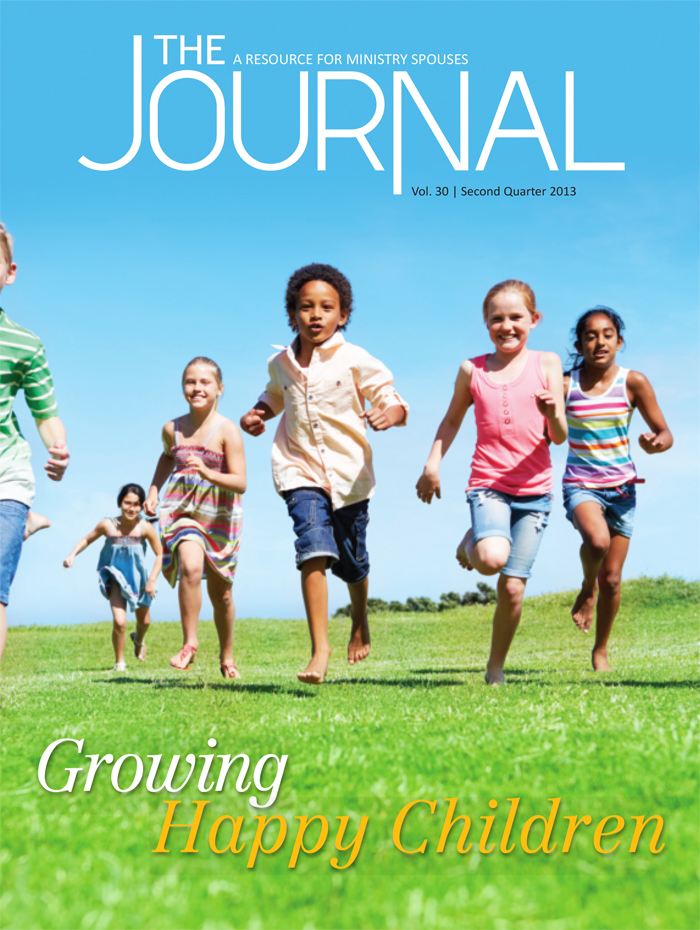Parents think it compassionate to withhold any bitter or difficult experience from their children. Buy them any toy they want. Don't ask of them any contribution that requires sweat and effort. Don't say no.
But hardships actually carve us into suitable companions for the journey of life. Disappointment, grief, and struggle—all teach children the common language of suffering humanity. Children who are sheltered from want and trials at home come to expect a lifelong exemption from pain.
When they grow up, when pain and suffering confront them as adults who are no longer in their accommodating home, they cry foul. “It's not fair! Why didn't society, government, or even God prevent my suffering?”
What happens if these children become adults and never get the character-shaping privilege of experiencing trouble and hardship? Since life has gone so smoothly for them, they may assume that other people's misfortunes are their own fault and somehow deserved. Their ability to minister to others will be stunted because they can offer little real empathy, just empty advice.
Healthy hardships are needed as we parent our children. Too often, the world teaches us to love things and use people. But godly parents help our kids learn to switch that philosophy around. We need to model how to use things appropriately and how to genuinely love people.
We can also choose how we process grief and hardship within our families. Fully journeying through grief proves to us that after the denial, the bargaining, the anger, and the depression there comes acceptance, and with it comes hope. Struggle cultivates strength for upcoming trials. These are the essential qualities of character and companionship. Even little children can absorb these lessons in small ways, as long as we don’t shelter them from every opportunity to learn.
Without the common language of hardship, how can people communicate their love, their brotherhood, their sisterhood? Without it, we leave our children ill-equipped to survive challenges, destined to remain isolated and alone. If you ask me, this is the cruelest of cruelties in our difficult, demanding, painful world.
